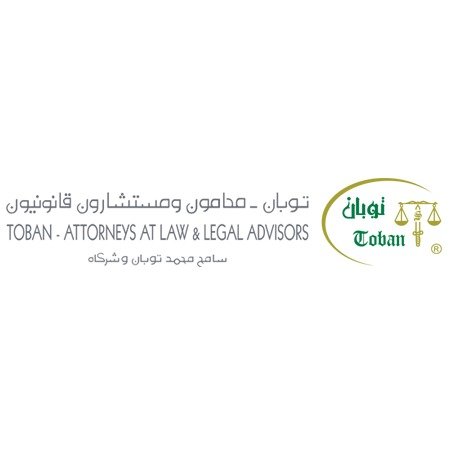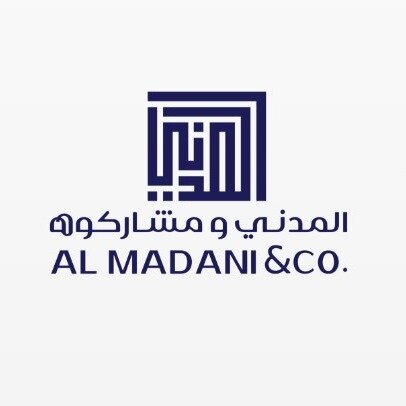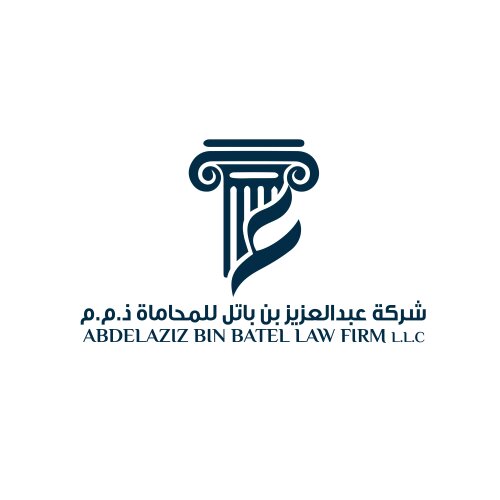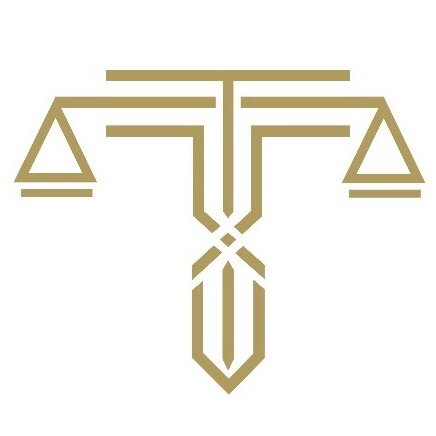Best Debt & Collection Lawyers in Jeddah
Share your needs with us, get contacted by law firms.
Free. Takes 2 min.
List of the best lawyers in Jeddah, Saudi Arabia

Saudi Arabia Debt & Collection Legal Articles
Browse our 1 legal article about Debt & Collection in Saudi Arabia written by expert lawyers.
- Options For Managing Debt in Saudi Arabia
- While expanding credit is usually a crucial component of development, any company conducting business in the competitive Saudi Arabian market must first properly manage its receivables. Commercial defaults and unpaid bills seriously affect long-term company stability, profitability, and cash flow.Many companies without a clear escalation plan or uninformed of the... Read more →
About Debt & Collection Law in Jeddah, Saudi Arabia
The body of law surrounding Debts and Collections in Jeddah, Saudi Arabia, is primarily governed by the Saudi Arabian Monetary Authority (SAMA). The Kingdom introduced its first bankruptcy and insolvency law in 2018 to foster a more inviting business environment. The law aims to provide a legal framework to help insolvent individuals manage their financial difficulties and promote amicable settlements. However, due to cultural stigmas and the potential for imprisonment for unpaid debts, it is highly advised for individuals or businesses struggling with debt to obtain legal counsel.
Why You May Need a Lawyer
Legal help can be crucial in debt and collection issues for several reasons. If you're unable to pay your debts, a lawyer can advise on whether bankruptcy may be the right choice for you. Businesses struggling with cash flow can seek legal advice on restructuring their debt. Additionally, if you believe you've been unfairly targeted by debt collection methods, a lawyer can provide legal recourse and protect your rights. In complicated cases involving large sums and negotiations with multiple creditors, a legal professional's expertise is invaluable.
Local Laws Overview
Under the provision of SAMA, creditors and financial institutions in Saudi Arabia are required to follow strict guidelines for debt collection. The debt collection process carries a set of rules to ensure fair and ethical practices and avoid harassment or unfair treatment of debtors. The 2018 Bankruptcy Law presents a tactical shift designed to help debtors repay their obligations under a restructured effort and allow debtors the option of liquidation. It's important to note that non-payment of debt is still considered a crime in Saudi Arabia, emphasizing the importance of knowledgeable legal guidance.
Frequently Asked Questions
Can I be arrested for not paying my debts?
While non-payment of debt is technically a crime in Saudi Arabia, in most cases, debtors are not typically arrested. Serious consequences can occur, however, and professional legal advice is recommended.
What is the process of debt collection in Saudi Arabia?
Debt collection involves a series of steps including formal and informal discussions with the debtor, official demand letters, and at times, legal proceedings. A new approach introduced by SAMA also resorts to amicable settlement between the parties.
Can my assets be seized for unpaid debts?
Yes. If you are unable to pay your debts, your creditors can legally seize your assets to recover their loss. A lawyer can advise you on how to protect certain assets.
What legal rights do I have if faced with debt collection practices?
You have several legal rights provided by SAMA and the Saudi legal system. These include the rights to fair treatment, assistance with financial hardship, and protection from harassment. A lawyer can help you understand and exercise these rights.
What is the 2018 Bankruptcy Law?
The 2018 Bankruptcy Law is a significant development in Saudi Arabia’s legal landscape aimed at facilitating financial restructuring, providing options for failing businesses, and ultimately encouraging a more robust economic environment.
Additional Resources
A good starting point for understanding debt collection is the Saudi Arabian Monetary Authority's (SAMA) website. It includes a variety of resources regarding financial laws, rights and obligations of debtors, and guidelines for creditors. Consulting with a specialist lawyer or a legal firm experienced in Saudi Arabian debt and collection laws, however, should be a priority.
Next Steps
If you face debt or collection issues in Jeddah, Saudi Arabia, the first step should be to seek legal counsel. A lawyer experienced in Debt & Collection will help you navigate the law, protect your rights, and formulate a plan of action. They can assist with negotiations, help you understand your legal obligations and rights, and potentially prevent serious legal consequences. With professional assistance, managing your financial responsibilities can become a less stressful process.
Lawzana helps you find the best lawyers and law firms in Jeddah through a curated and pre-screened list of qualified legal professionals. Our platform offers rankings and detailed profiles of attorneys and law firms, allowing you to compare based on practice areas, including Debt & Collection, experience, and client feedback.
Each profile includes a description of the firm's areas of practice, client reviews, team members and partners, year of establishment, spoken languages, office locations, contact information, social media presence, and any published articles or resources. Most firms on our platform speak English and are experienced in both local and international legal matters.
Get a quote from top-rated law firms in Jeddah, Saudi Arabia — quickly, securely, and without unnecessary hassle.
Disclaimer:
The information provided on this page is for general informational purposes only and does not constitute legal advice. While we strive to ensure the accuracy and relevance of the content, legal information may change over time, and interpretations of the law can vary. You should always consult with a qualified legal professional for advice specific to your situation.
We disclaim all liability for actions taken or not taken based on the content of this page. If you believe any information is incorrect or outdated, please contact us, and we will review and update it where appropriate.















